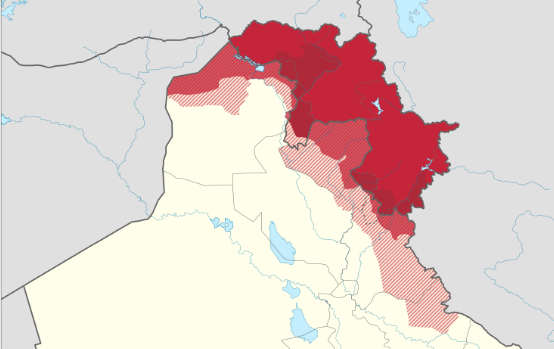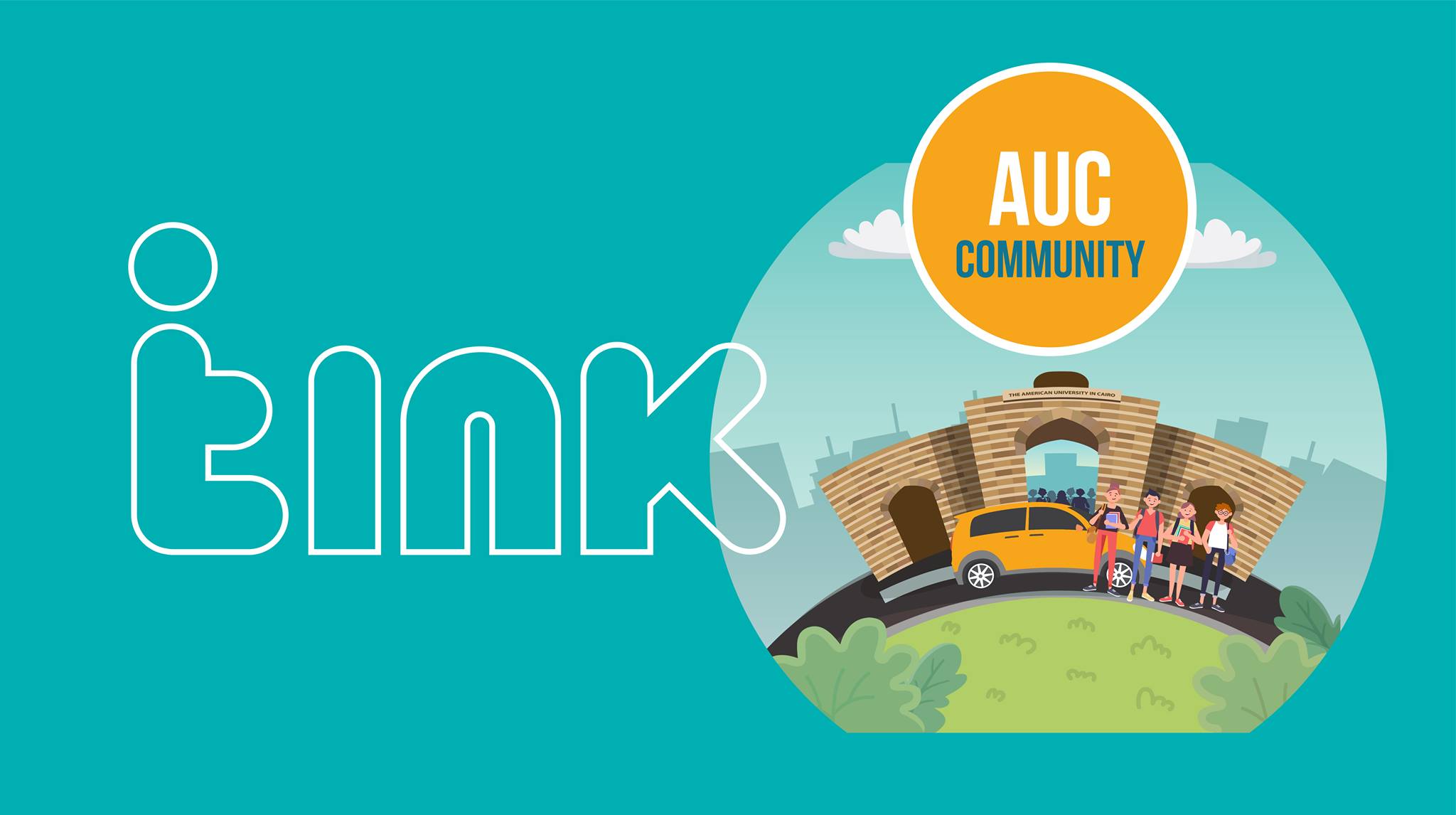Pipelines and Politics in Iraqi Kurdistan’s Quest for Independence
By: Karim Al Masarani
Follow @kmasarani
In a lecture held by the Middle East Studies Center, Politics and Economics Specialist Cameron Bell discussed the Kurdish political and economic situation following Iraqi Kurdistan’s independence referendum.
The lecture, titled “Redrawing the Map: Pipelines and Politics in the Kurdish Quest for Independence,” was held in the Middle East Studies Center Conference Room on October 4 with more than 20 students and faculty attending this meeting.
The referendum, held on September 25, showed 93 percent of the votes in favor of independence. However, its legality has since then been rejected by the Iraqi government.
Bell explained how three shocks might disrupt Kurdistan’s independence process: the rise of the Islamic State (ISIS); decreasing prices of oil that make up the majority of the region’s income and ongoing conflicts within the Kurdish communities, which resulted in a civil war in the 1990s.
“Masoud Barzani, the president of the Kurdistan region, his term expired in 2013. He won a two year extension till 2015, and currently he is still in power without any kind of extension. The problem is the parliament is frozen,” Bell said.
“Their upcoming election for the presidency in Northern Iraq is set for November 1, but currently there are no candidates to be part of this election, so it’s likely it will not happen and Mr. Barzani will still be in power.”
Throughout the lecture, Bell focused on the Kurdish oil transfer, which makes up 95 percent of Kurdistan’s GDP.
He said that, “Iraq has a major competitive advantage when it comes to making money off its extractions compared to other contri es in the oil industry since it has very low production, cheap extractions, and abundant reserves, the region is still doing very poorly and in fact has almost 20 billion dollars in debt.
The energy infrastructure is also bound to be heavily affected, given the fact that it has resulted in tension between countries within the region.
There main oil pipeline runs from Kirkuk, Iraq to Turkey, and a second pipeline, still under negotiations, is expected to go through Iran.
The latter is expected to allow the Kurds more control over their resources, given that they do not receive any fair share of the agreement signed with the Iraqi government.
“This is an open cultured society, and yet what they get from their host country is a lot of racism a lot of treatment as second class citizens … Kurdistan have a list of 55 out of 143 articles in the Iraqi constitution that they believe the Iraqi government haven’t carried through with.”
But for independence to be successful, Bell highlighted that the Kurds need to unite and focus on their independence rather than on political personal interests.
“What good is independence when the underlying state is not ready.”



